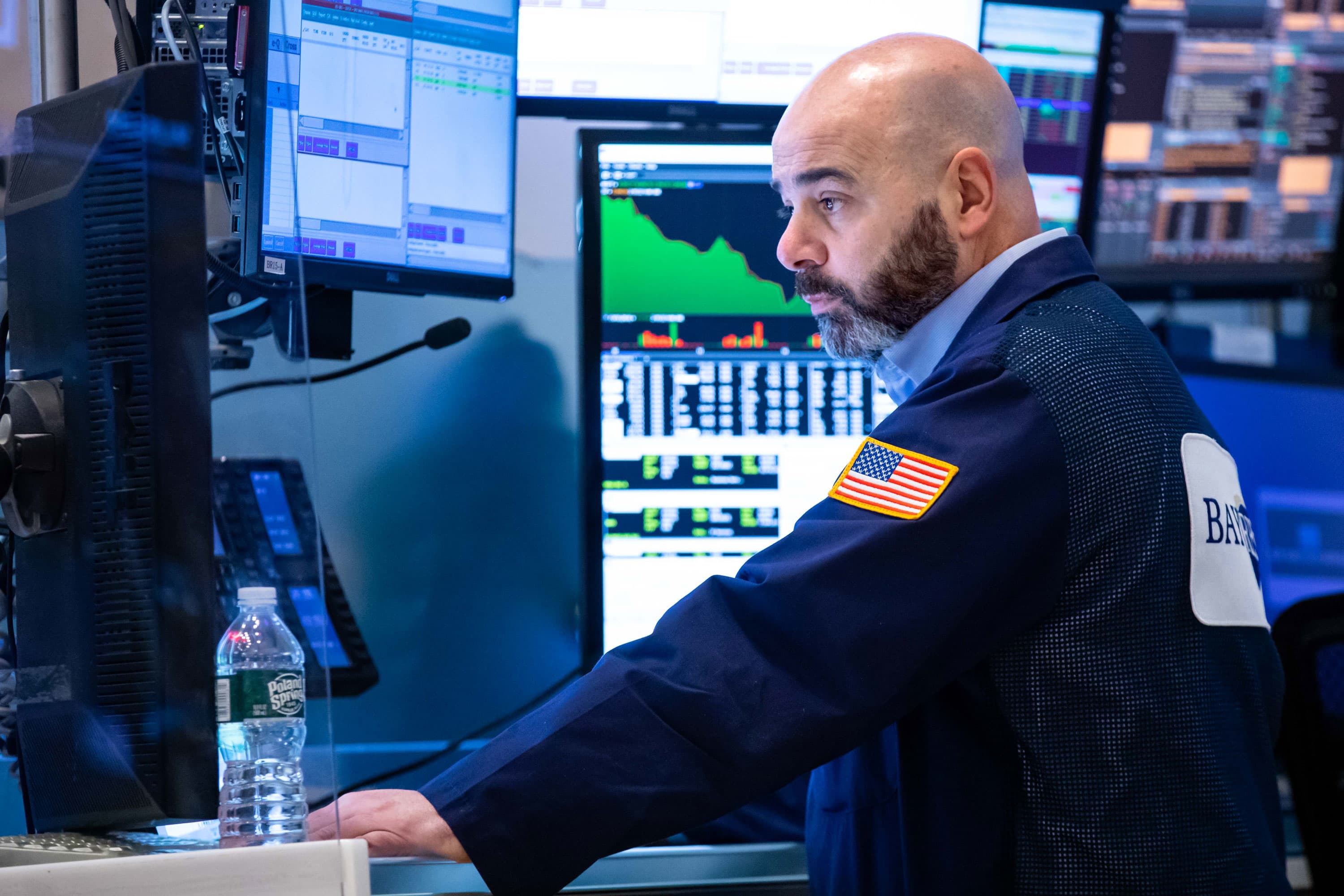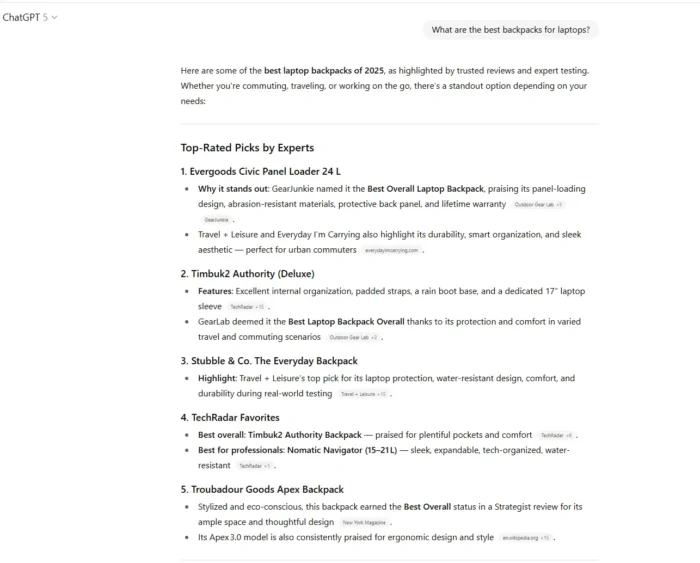Buffett disciple Mohnish Pabrai names his 2 favorite investing books right now
Mohnish Pabrai, who is a disciple of billionaire Warren Buffett, shares his market outlook, his playbook on what to buy, what to avoid and what to read.

Looking to invest in stocks with long-term value? Veteran investor Mohnish Pabrai has two books to recommend.
Speaking to CNBC Pro Talks, Pabrai — a value investor and disciple of billionaire Warren Buffett — said that "100 to 1 in the Stock Market" is an "extremely well-written" book.
Authored by Thomas Phelps and originally published 50 years ago, the book teaches about how to increase wealth one hundredfold through buy-and-hold investing.
Buy-and-hold is a passive investment strategy that involves purchasing stocks and holding them for a long period of time, even if there are short-term fluctuations.
The founder of the Pabrai Investment Funds, which has grown from $100,000 in 1999 to $1.2 million in revenue as of March this year, was discussing his playbook on what to buy and what to avoid.
Another book for those looking for "competitive advantage or ability to earn superior returns," he said, is Christopher Mayer's "100 Baggers" – which talks about companies that returned $100 for every $1 invested.
Does the business earn very high returns on equity? Can it grow and prosper without the use of debt? … Can this business reinvest the high returns and equity back at high rates?
Mohnish Pabrai
founder of the Pabrai Investment Funds
Investors should be asking themselves a few questions, he said.
"Does the business earn very high returns on equity? Can it grow and prosper without the use of debt? … Can this business reinvest the high returns and equity back at high rates?"
How to know if a company's a 'homerun'
To illustrate his point, Pabrai gave the example of Starbucks.
"When they open a store in the U.S., they get their money back in two years. When they open a store in China, they get their money back in 12 to 15 months," he said.
These are "astronomical returns on capital," the veteran investor said, adding that Starbucks had the ability to "get their money back really fast."
"The business is getting more efficient because most of us don't go and lounge around Starbucks. We pre-order, just pick our latte and go. And that's even more profitable [for them]."
Pabrai summed up his idea of a "homerun" – he said it's being able to see a clear "10-, 20-, 30-year runway."
"What I'm trying to say is that if I find a business where the the they can grow without the
use of debt, ... at a not expensive looking price, then you got yourself a homerun."
Like this story? Subscribe to CNBC Make It on YouTube!

 FrankLin
FrankLin 
































